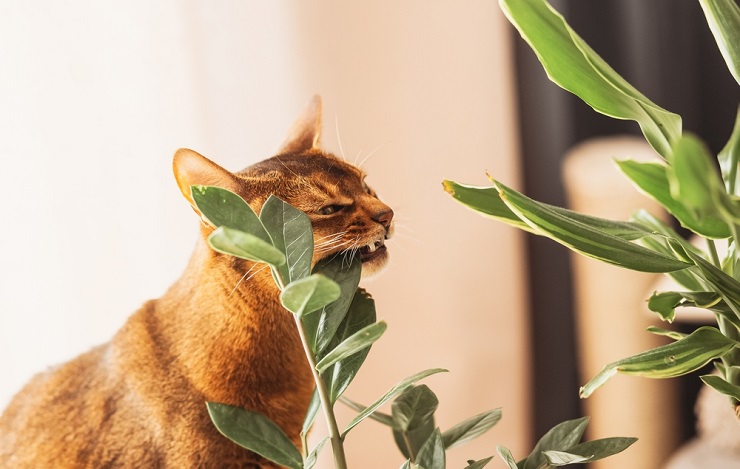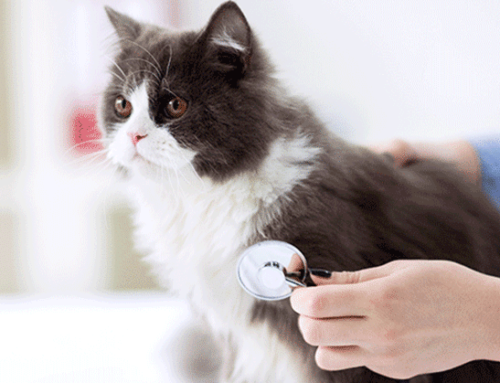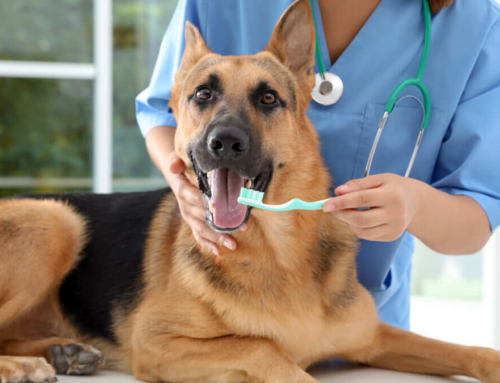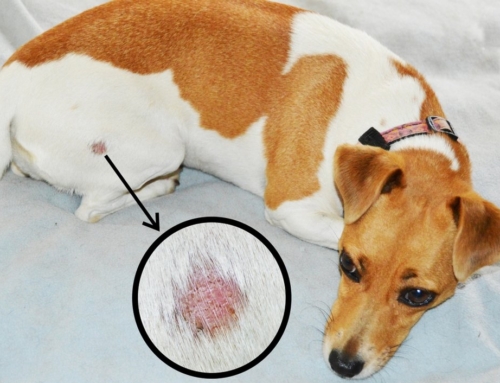As you go to work or school and leave your pets at home, do you ever wonder “What sort of things may my pet get into today?” Many plants and objects can be dangerous to both dogs and cats that many owners do not know of. As such, it is important to educate yourself on what is toxic to cats and dogs, while brightening and decorating your home.
Dogs can be very energetic and curious causing them to bite and swallow things they should not be. Common household plants that dogs are toxic to are aloe, lilies, and ivies. Ingesting these toxic plants can cause them to have kidney and liver issues, while also resulting in gastrointestinal symptoms. It is imperative to bring your dog into a clinic the moment they have ingested these toxic plants. Other common household items that can result in gastrointestinal issues are foam mats, small toys, sticks, and human foods. Human foods are very common as dogs pick up leftover pieces off the ground, resulting in upset stomachs, vomiting, and diarrhoea.
Many of these causes will also result in pancreatitis. Small toys can result in foreign bodies in dogs that may require surgical prevention; while sticks can result in gastric bleeding and ulcers due to the sharpness of the material. Foam mats are also very common foreign bodies as dogs love the bounce and chew of them. It is important to know and recognize what are common household items that dogs love to avoid them in having gastrointestinal issues.
There are many more household plants that are toxic to cats than dogs, some examples include aloe, chrysanthemums, daffodils, lilies, and tulips. While these flowers are extremely colourful and help with house decor, they are very toxic to cats. Cats are born with a curious nature resulting in them eating these brightly coloured items! Other common household items that result in foreign bodies are strings, foam mats, small toys, and plastic. While cats LOVE to chase strings, once ingested they can result in obstructive foreign bodies that can also twist and get stuck in their digestive tracts. Once again, the chew and bounce of foam mats are also very appealing to curious cats. Plastics are also common as cats love the sound they make when they lick and bite the material causing a clear foreign body within their system. Any foreign boy will then cause vomiting, diarrhea, or anorexia; while also potentially requiring surgical intervention.
It is important to note what are common household plants and items that are toxins for your pet or potentially causing a foreign body. By preventing and noting what items and plants are common, owners can then decorate their houses properly while also preventing potential harm to their furry companion.






